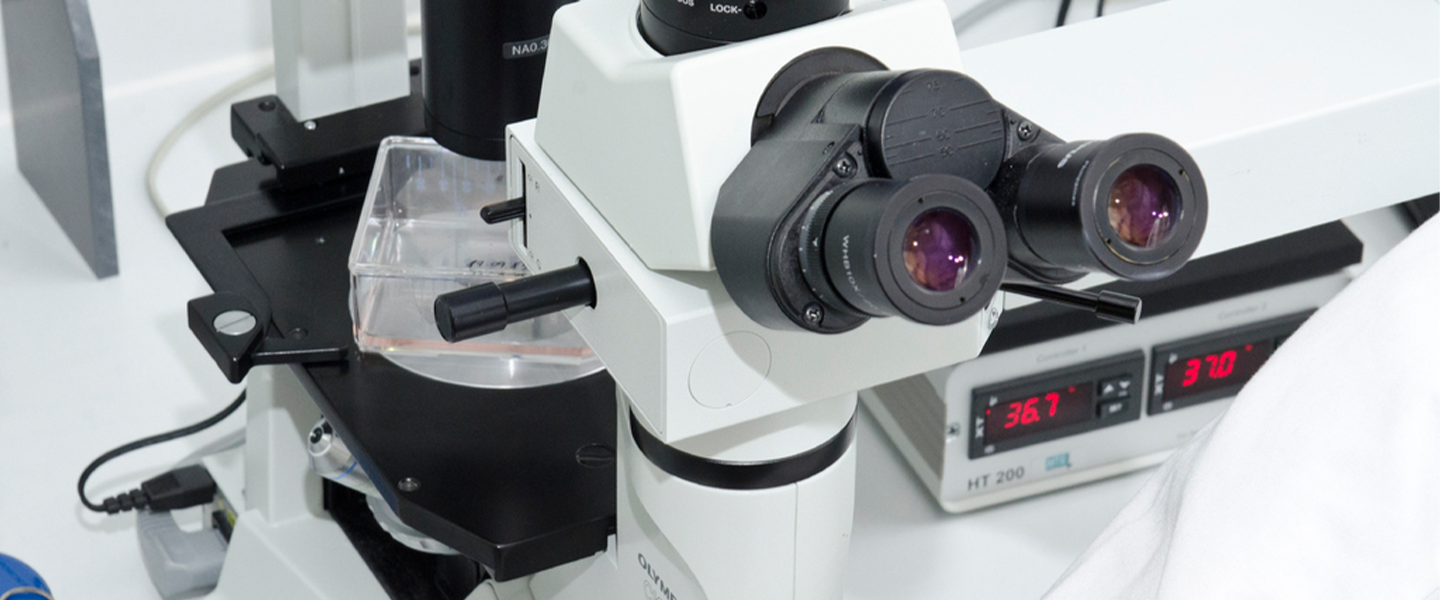Miniature hearts for research
Replacing animal experiments: an MHH research team has succeeded in producing a haematopoietic heart organoid for the first time.

How do human organs develop and what happens to them when they become diseased? To answer these questions, researchers are increasingly focussing on so-called organoids. These mini-organs, just a few millimetres in size, consist of groups of cells cultivated in the laboratory that can form organ-like structures. Similar to embryonic development, organoids make it possible to investigate the interaction of cells in three-dimensional space - for example in metabolic processes or disease mechanisms.
HEAL
EU funds research project HEAL in cell-based heart repair
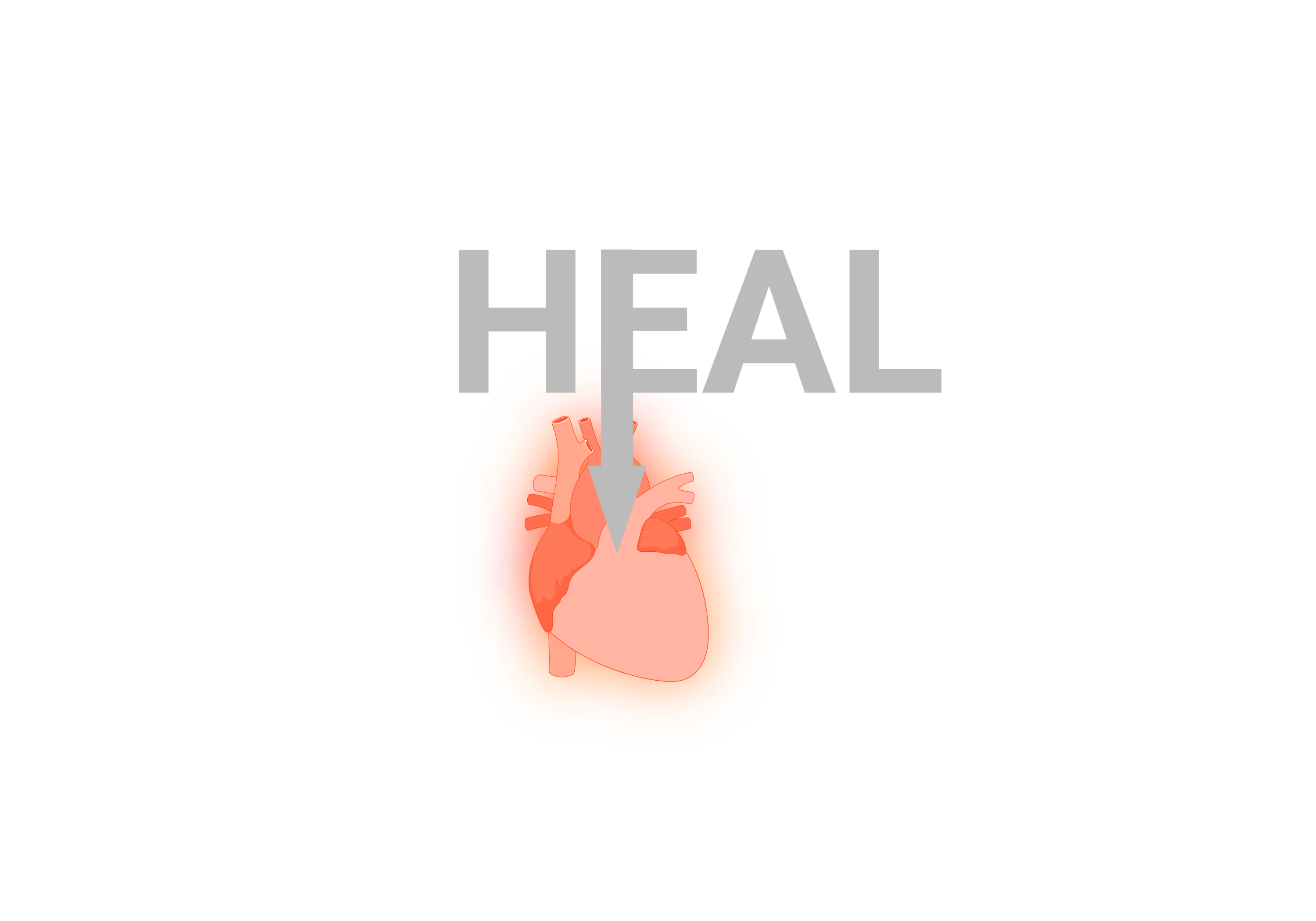
The European Union is funding the HEAL research project, which involves ten partners from all over Europe and Israel, with more than six million euros, of which the Medical School Hannover (MHH) is the coordinating institution.
This highly interdisciplinary network of academic and industrial scientists is composed of stem cell biologists, bioengineers, cardio-vascular clinicians, veterinarians, ethicists, experts in GMP-regulations and other; together the partners aim at developing a new cell therapy for regenerating damaged hearts.
TACTiC
Preclinical evaluation in a non-human primate model and a roadmap for clinical application

The Federal Ministry of Education and Research (BMBF) funds the national joint project TACTiC since June 1st, 2022 for a total of three years. As part of the call for “Translationsprojekte Personalisierte Medizin”, the consortium partners, led by Prof. Dr. Ulrich Martin, are pursuing the goal that their approach should offer in the future an alternative, personalized therapy for patients who are currently dependent on a left ventricular assist system (LVAD) as a “bridge to-repair” strategy.
REBIRTH
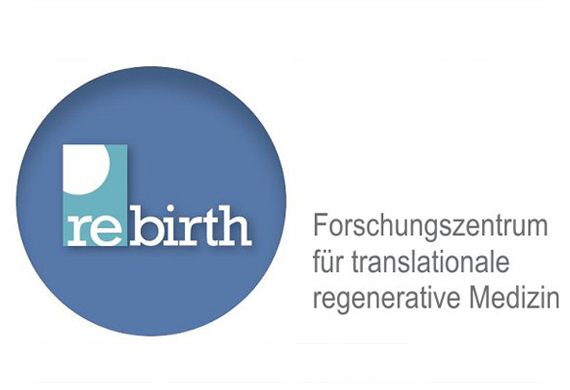
REBIRTH - Research Center for Translational Regenerative Medicine
With the enthusiastic support of six important partner institutions, Hannover Medical School (MHH) established the research network in the area of Regenerative Biology and Reconstructive Therapies, acronym REBIRTH.
REBIRTH was funded as a cluster of excellence within the framework of the federal and state excellence initiative from 2006 to 2019 and now continues as 'REBIRTH - Research Center for Translational Regenerative Medicine'.
iCARE
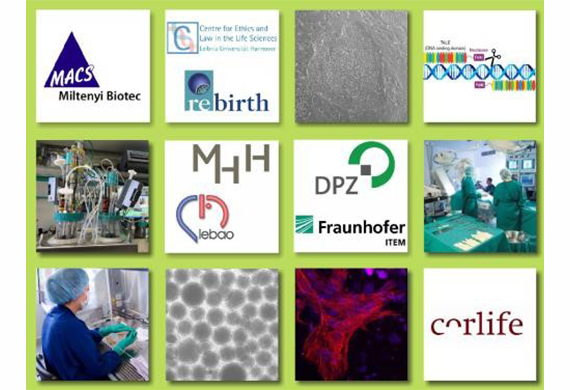
Induced pluripotent stem cells for clinically applicable heart repair
iCARE – a joint research project which is funded by the BMBF for a period of three years – officially started on April 1, 2017. In order to apply for the federal funding program “Innovative Stem Cell Technologies in Personalized Medicine”, a team was assembled headed by Prof. Ulrich Martin. This team hypothesized that the therapeutic application of iPSC-derived cardiomyocytes (CMs) is safe, and results in their structural integration and functional improvement in failing hearts. The aim of the joint project is to prepare the first worldwide clinical application of iPSC-based heart repair.
BREATH DZL
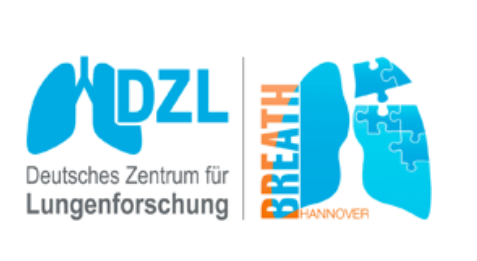
BREATH (BiomedicalResearch in End-stage and obstructive Lung Disease Hannover) uniquely unites internationally recognized expertise in translational respiratory medicine. The research network consists of the four strong partners Hannover Medical School, Leibniz Universität Hannover, Fraunhofer ITEM and CAPNETZ FOUNDATION.
BREATH is one of the five sites of the German Center for Lung Research (DZL).
3D-Heart-2B
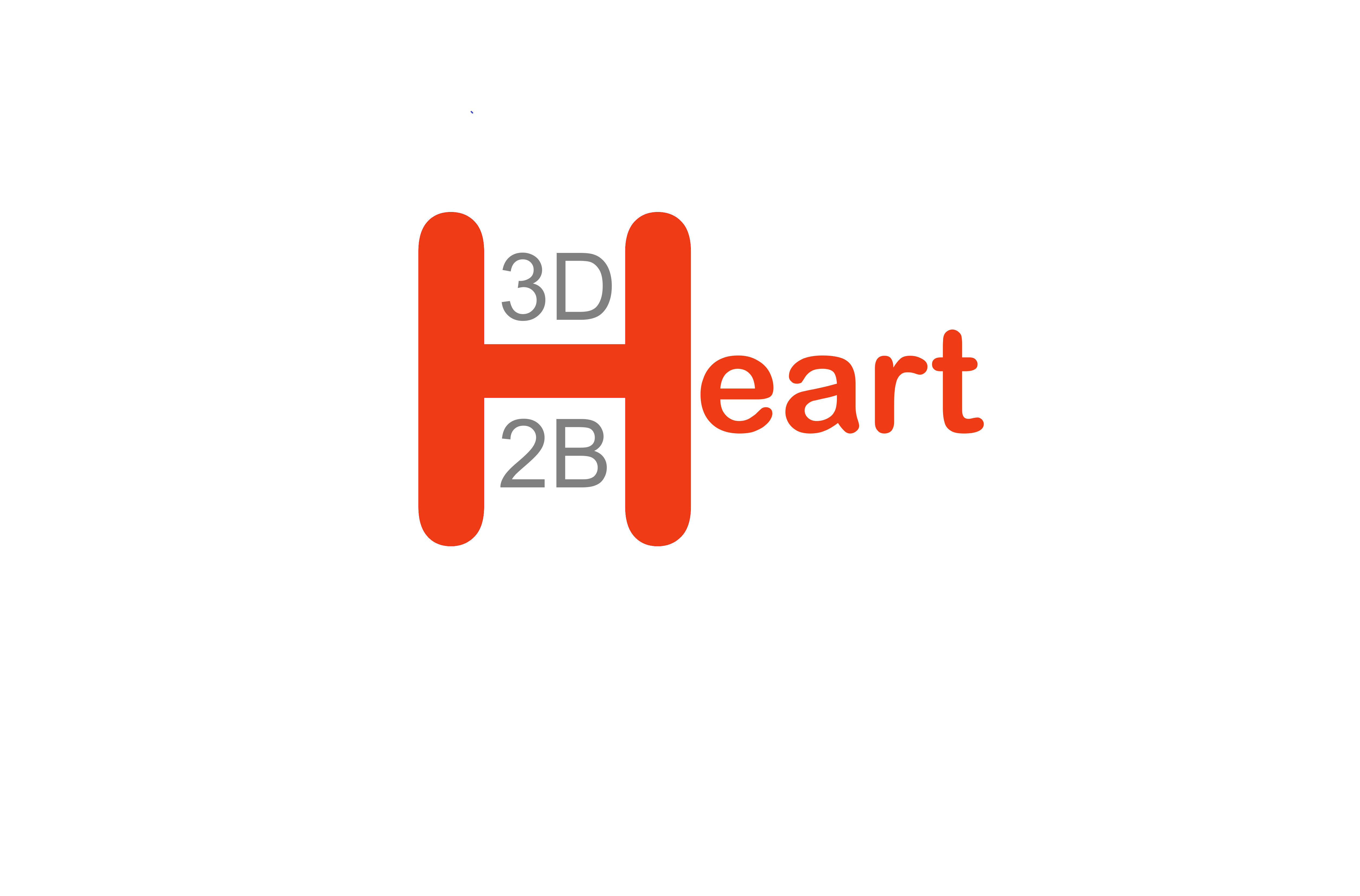
LEBAO / MHH wins innovation competition "Organ replacement out of the laboratory" / Tubular heart prosthesis made from iPS cells
LEBAO / Hannover Medical School (MHH) is the winner in the nationwide innovation competition “Organ replacement out of the laboratory” of the Federal Ministry of Education and Research (BMBF). The MHH project "3D-Heart-2B" will receive federal funding of 3 million euros for three years.
Professor Dr. Ina Gruh coordinates the research project "3D-Heart-2B", in which scientists from the MHH Clinic for Cardiac, Thoracic, Transplant and Vascular Surgery (HTTG) and the Leibniz Research Laboratories for Biotechnology and Artificial Organs (LEBAO) want to develop a biological cardiac support system. With the help of induced pluripotent stem cells (iPS cells) from genetically reprogrammed human tissue cells, heart muscle cells can be produced. These should form the basic building block for a tubular heart prosthesis. As a single-chamber heart implant, the organ replacement could help patients with congenital heart defects who are hereditary without a heart chamber.
A healthy heart has two chambers that are separated from each other by the heart septum. The left ventricle pumps oxygen-rich blood into the arteries, the right ventricle pumps oxygen-poor blood into the lungs. If there is only one ventricle from birth, it supplies both the body and the pulmonary artery. "These patients have mixed blood in their hearts and have to undergo multiple operations in childhood so that the circuits are separated," says HTTG Clinic Director Professor Dr. Axel Haverich. However, the incomplete heart still has a reduced pumping capacity. The biological heart prosthesis made from fibrin, heart muscle cells and heart valves is intended to compensate for this reduced pumping capacity.
COFONI
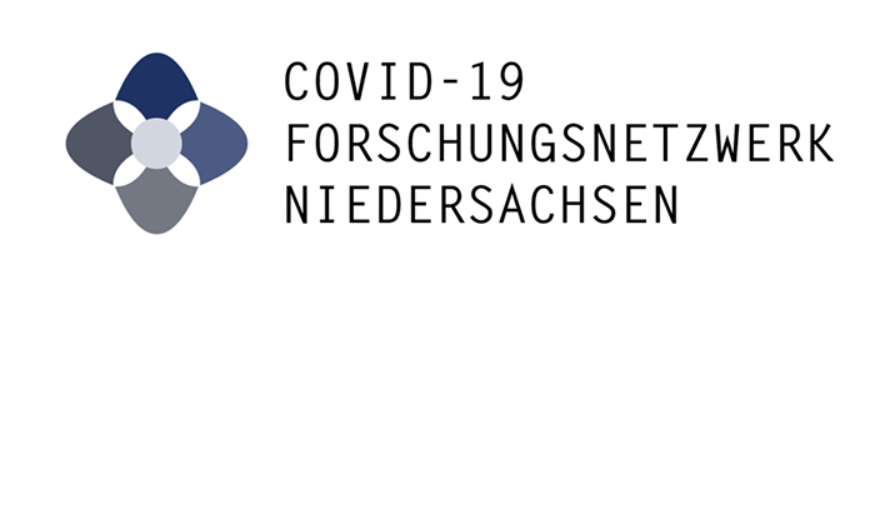
Lower Saxony Covid-19 Research Network
With the COVID-19 research network Lower Saxony (COFONI), the state of Lower Saxony is funding interdisciplinary cooperation projects to research active substances against SARS-CoV-2 and to investigate the causes and long-term consequences of the COVID-19 disease.
